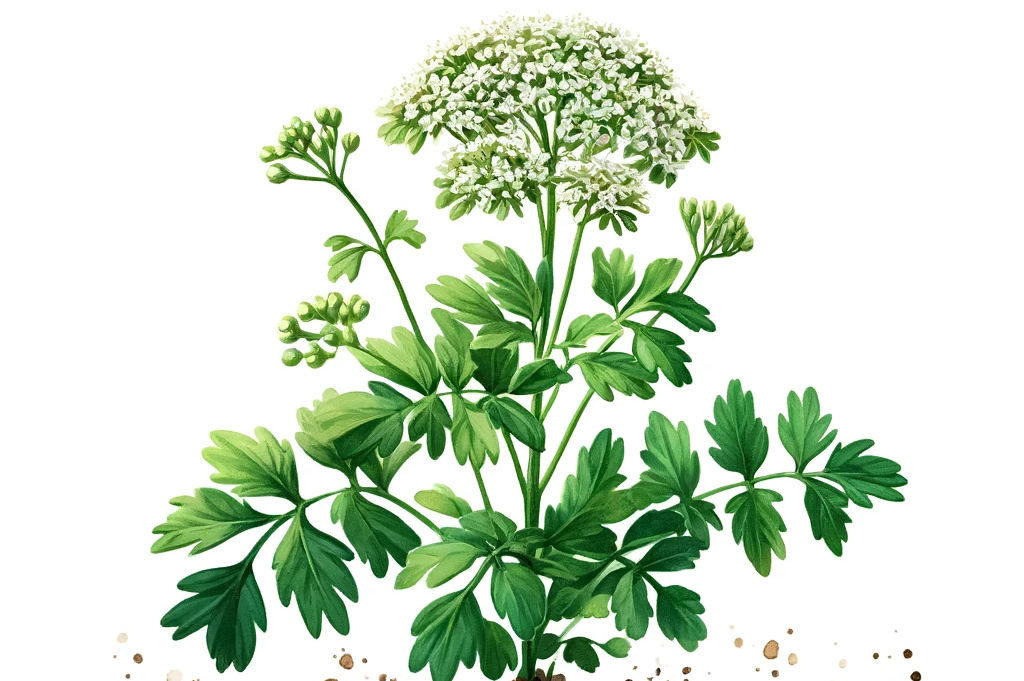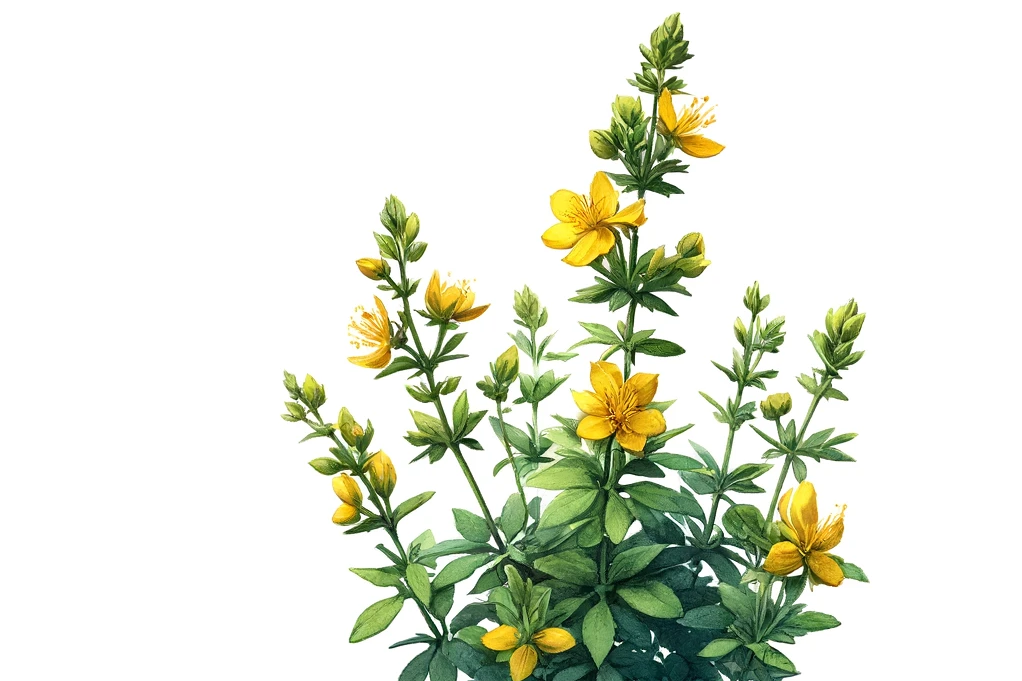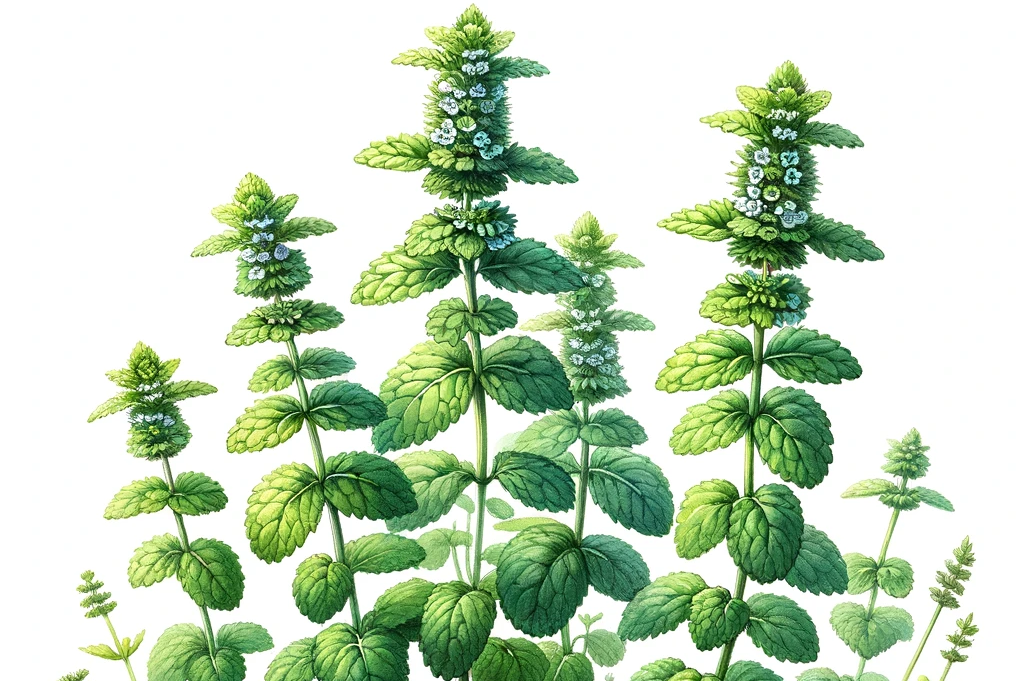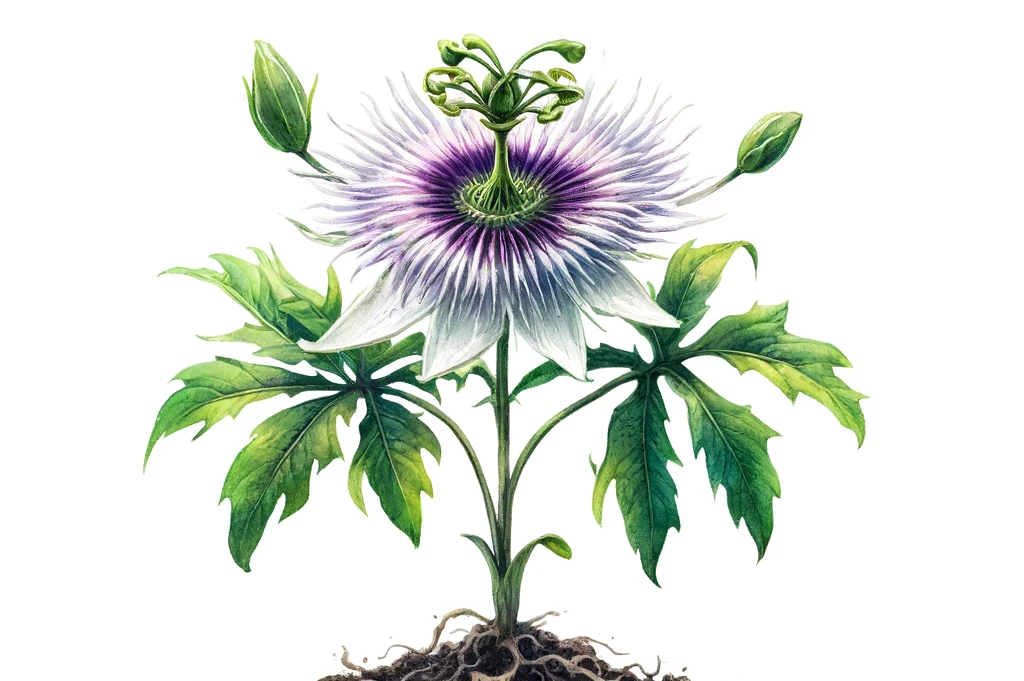True motherwort

In the world of dog care and nutrition, pet owners are constantly looking for natural and healthy alternatives to support the wellbeing of their four-legged friends. One such ingredient that has gained popularity in recent years is motherwort (Leonurus cardiaca), also known as motherwort. This comprehensive article takes an in-depth look at motherwort, its properties, benefits and potential drawbacks for dogs. Our aim is to give you an in-depth understanding of how this plant can affect your dog's health.
What is real motherwort?
Origin and properties
True motherwort is a plant species from the Lamiaceae family. It is native to many parts of Europe and Asia and has been used in folk medicine for centuries. The plant is characterized by its heart-shaped leaves and small, pink to white flowers. Traditionally, it has been used to treat various ailments, including heart problems and nervous conditions.
Areas of application
In modern phytotherapy, motherwort is valued for its calming, relaxing and heart-supporting properties. These uses suggest that the plant may also offer benefits for dogs, particularly those with anxiety, stress reactions and possibly mild heart conditions.
Benefits of motherwort for dogs
Support of the cardiovascular system
True motherwort contains active ingredients that may have a mildly beneficial effect on the cardiovascular system. These properties make it a potentially useful supplement for dogs with mild heart problems by helping to maintain normal heart function.
Calming effect
Another significant benefit of motherwort lies in its ability to have a calming effect on the nervous system. For dogs prone to anxiety, stress or hyperactive states, taking supplements containing motherwort can help promote calm and relaxation.
Anti-inflammatory properties
Some studies suggest that motherwort may have anti-inflammatory effects. This property is particularly beneficial for dogs with chronic inflammatory conditions or for supporting overall health.
Possible disadvantages and precautions
Interactions and side effects
Although motherwort offers many benefits, it is important to consider potential interactions with other medications and possible side effects. In rare cases, the plant may cause gastrointestinal discomfort or allergic reactions in some dogs.
Dosage and application
The correct dosage is crucial to maximize the benefits and minimize the risks of motherwort. It is always advisable to work with a veterinarian or phytotherapy professional to determine the appropriate dosage for your dog.
Genuine motherwort can be a valuable supplement to naturally support your dog's health and well-being. Its potential benefits range from supporting the cardiovascular system to promoting calm and relaxation. However, it is important to be cautious and seek professional advice when introducing new supplements into your dog's diet. As with any treatment or supplement, individual consideration is necessary to ensure it is suitable and safe for your particular dog. With the right approach, Real Heartwort can help improve your four-legged friend's quality of life.
If you notice any signs of hypersensitivity or poisoning in your dog, you should see your vet immediately. We are not a substitute for a vet, but we try to be as accurate as possible. Every dog reacts differently and we recommend you get a second opinion or consult your vet if in doubt.
Stay healthy and take good care of your four-legged friend!😊
Similar to True motherwort
Valerian is a perennial shrub that can grow up to two meters high. It has white or pink flowers and long roots that give off the typical smell of the plant. The roots contain various substances that...
St. John's wort, also known as Hypericum perforatum, is a flowering plant that is native to Europe, Asia and North America. The plant has been used for centuries in folk medicine to treat various...
Lemon balm is a perennial plant that can grow up to one meter high. It has green, toothed leaves and small white or pink flowers. The plant originates from the Mediterranean region and now grows in...
What is passionflower? Passionflower (Passiflora) is a genus of around 500 different species of climbing plants that are mainly found in South and Central America, but also in Asia and Australia. The...



